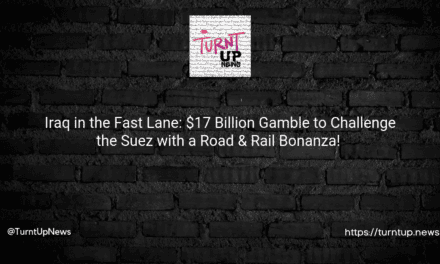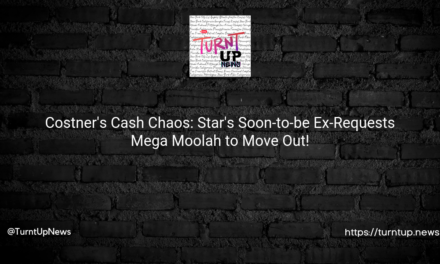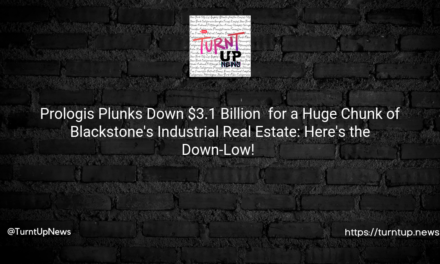💰💉Indivior Coughs Up $102.5 Million: Suboxone Monopoly Saga Comes to a Close💊💰
TL;DR:
Indivior, a US pharmaceutical behemoth, agreed to fork out a whopping $102.5 million to squash a lawsuit accusing it of squashing competition in the opioid addiction treatment market. Was it a naughty pharma move or a savvy business strategy? 🤔💸
So, we have this US drug manufacturer, Indivior, known for its opioid addiction treatment, Suboxone. What’s the fuss? Well, let’s take you back to the start. 🕰️👀
Once upon a time in 2002, Suboxone made a grand entry into the US market, and Indivior was the sole player in the game selling this tablet. Yeah, you heard right – a 100% legit, uncontested monopoly until 2009. 👑💊
But here comes the plot twist. As soon as the generic drug manufacturers prepared to introduce their cheaper versions of Suboxone tablets, Indivior pulled a slick move. It switched from tablet to oral film form – a pretty neat way to extend its monopoly and continue raking in those big bucks. 🔄💰
Was it just a business strategy or a sly maneuver? Let’s dig deeper! 🧐🔍
Not everyone was cool with this switcheroo. 41 US states and Washington, D.C. didn’t think so. And so, in 2016, a lawsuit was born. The accusation? Indivior had allegedly used underhanded tactics to suppress competition. All these states wanted a piece of the opioid treatment pie, and Indivior was hoarding it all. 🏛️🍰
Fast forward to now. Indivior, without admitting any wrongdoing, agreed to pay a whopping $102.5 million to settle the case. Why, you ask? Probably because they figured they’d spend less on the settlement than in court fees. Or maybe they wanted to dodge any more bad press. Either way, the case is heading towards closure, pending a green signal from a federal judge in Philadelphia. 👨⚖️✅
But the story doesn’t end here. As part of the settlement, Indivior has to make some additional disclosures to the states. And the aim is to ensure they don’t repeat any anti-competitive tactics. 📑🙅♀️
So, here we are, at the end of this saga. One big pharma company, one blockbuster drug, and a lawsuit that shook the industry. But at the core of this tale lies a question – How far should a company be allowed to go in the name of business strategy? 🤔🏢
Is it okay for a company to hold onto its monopoly at the cost of suppressing competition, even if that means depriving consumers of affordable alternatives? Or, is it the responsibility of other companies to step up their game and bring something new to the table? Over to you, readers! 🎤👋





